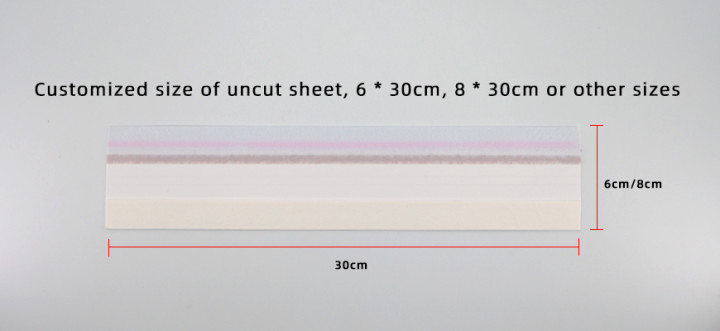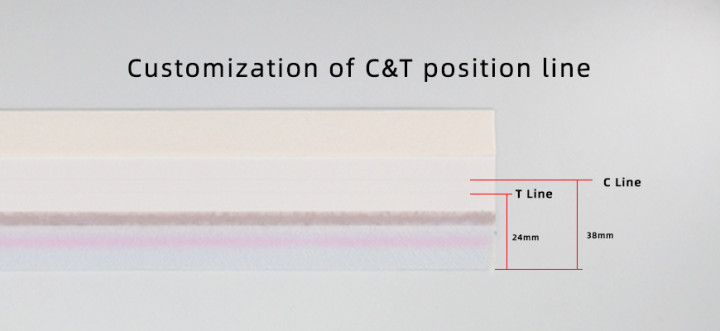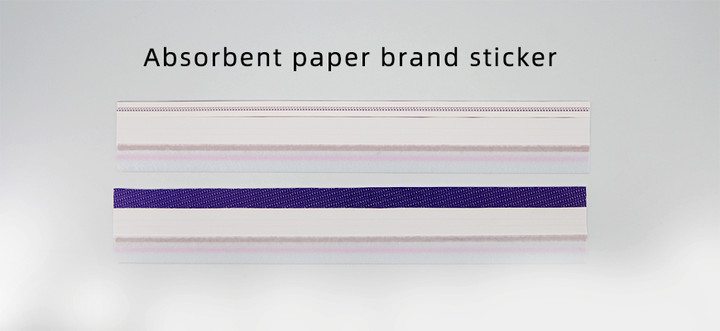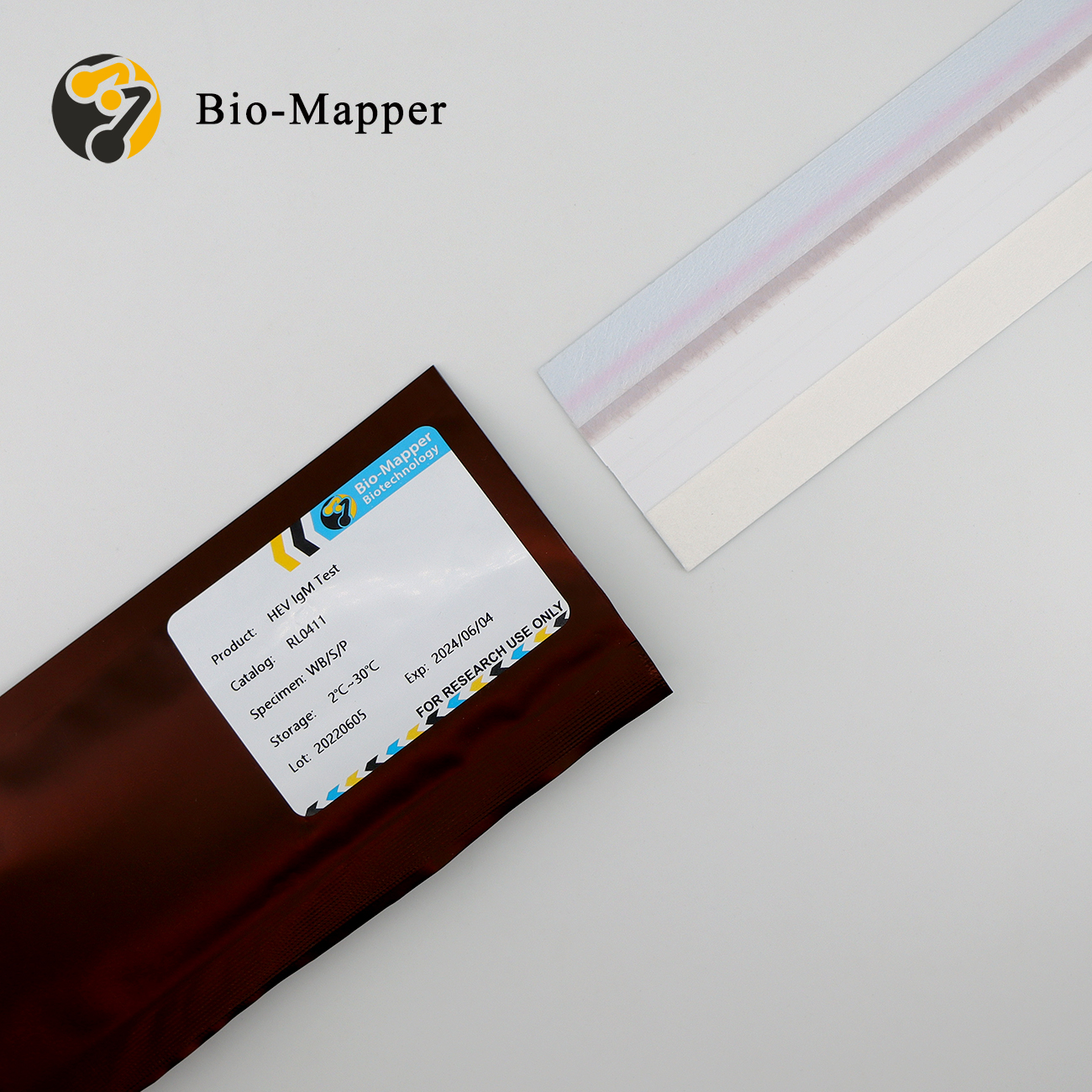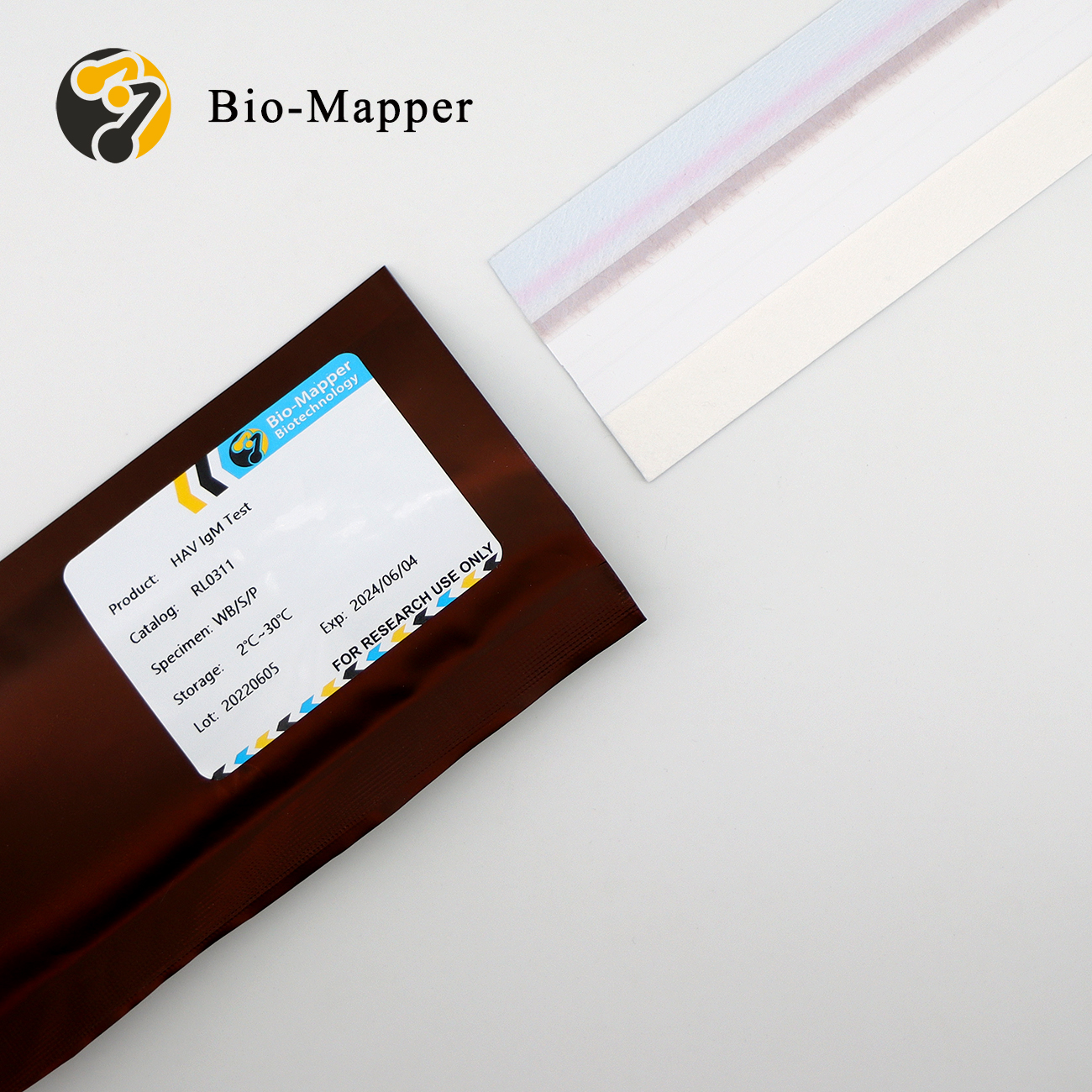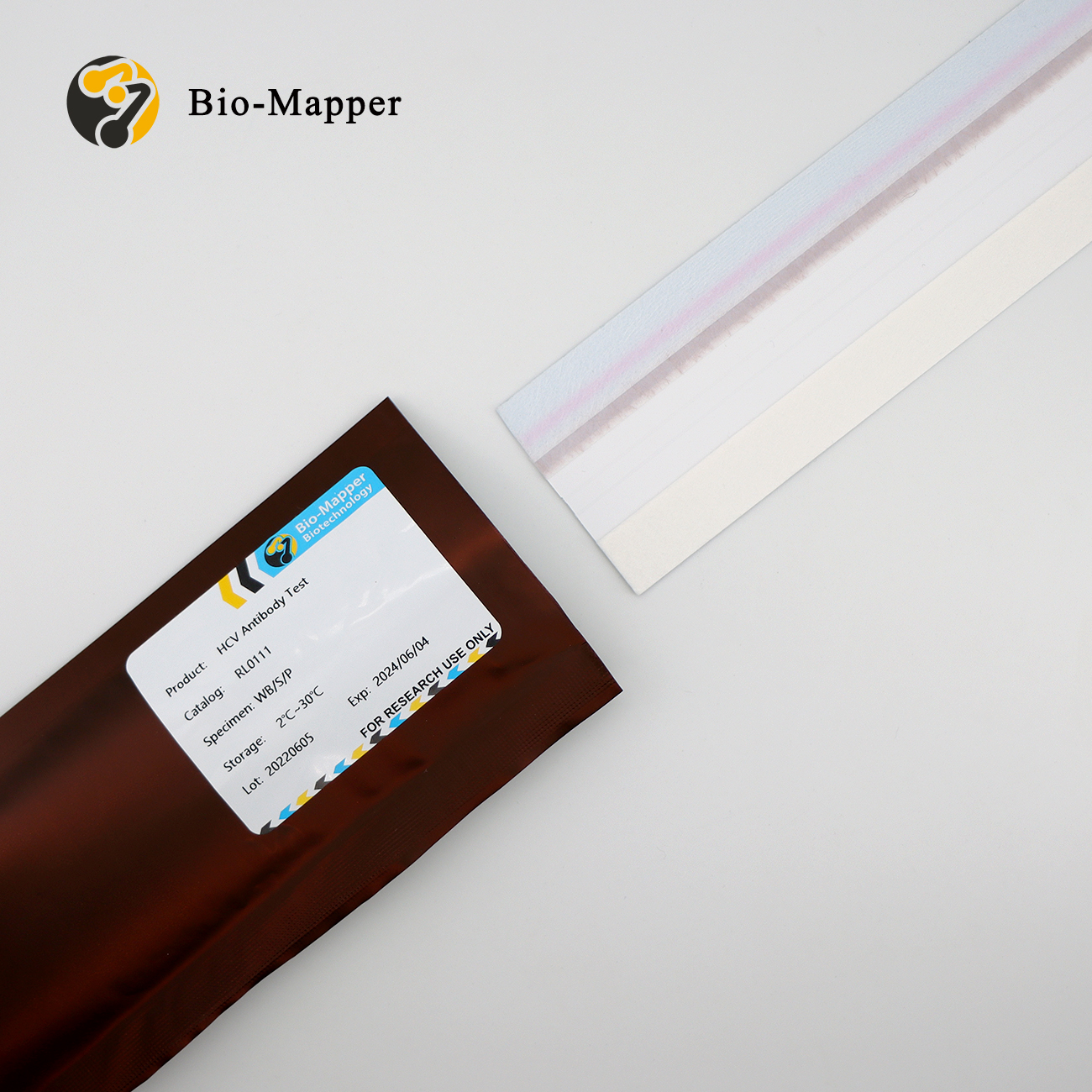Detailed description
Hepatitis B virus surface antigen (HBsAg) refers to the small spherical particles and cast-shaped particles contained in the outer part of the hepatitis B virus, which are now divided into eight different subtypes and two mixed subtypes.
Hepatitis B virus surface antigen appears in the blood circulation of patients in the early stage of hepatitis B virus infection, can last for months, years or even life, and is the most commonly used indicator for diagnosing hepatitis B virus infection. However, during the window period of so-called hepatitis B virus infection, hepatitis B virus surface antigen can be negative, while serologic markers such as hepatitis B virus core antibodies can be positive.




